On-Page Optimization Techniques
Introduction
Online optimization and its Technique helps the google to easily crawl the page and indexed with the correct database and also its helps the search engine to know the websites and its content to make our website better ranking and earn organic traffic. It involves some techniques such as Title optimization, content optimization, Image optimization, Anchor tag optimization and etc.
Before getting into the techniques, first we will discuss how google will identify our page for the user search keyword
Normally Search engines follows the below process to display the results.
1. WebCrawling
2. Caching
3. Indexing
WebCrawling
Web Crawler, Spider, Robots or bots is a set of program crawls through the content all over the Internet to collect the data.The web Crawler collects the details about each page including Title, Keyword, Images and other Linked Pages, etc. Every Search engine have their own crawler for example Google search uses Googlebot. Crawler collects the data and index the search results.
Caching
Normally, cache refers the fastest memory in computer. Whenever the crawler finds the result its not only deliver the results to the users but also stores the backup of the searched result pages into the database as a Snapshot. This process of storing data is called caching.
Indexing
Store and organising the content in the relevant keyword which is found in the Crawling process is called Indexing. After Indexing only it will display in the search engine result page while user searching with the corresponding keyword.
Search Engine-Where people can find the answer like Google, Ping etc.
Search Engine optimization is mainly for improving our website visibility to the user. So that our website will be ranking higher while user searching with a relevant keywords. Search engine optimization is two types.
On-Page Optimization
Optimization is done with in a website. By doing On-page optimization we are helping google to easily crawl the page and indexed with the correct database.
Off-Page Optimization
On-Page Optimization Technique
SEO Title Optimization
- The title should me meaning and relevant to the page content.
- Spelling mistake and Grammar mistake should not allowed.
- Title should be attractive and unique.
- Title have a limitation of 55-60 characters. (Including space between the words).
- Title have the pixel limitation of 512 pixel.
- Title should contains minimum three words.
- Each page should have different titles.
While doing searching the search results will be displayed as snippet. snippet contains,
SEO title-Title of the page.
Favicon-A small image, url or name.
Thumbnail-A small description or image representation.
Meta tag description
- The character length should be 155-160 character.In google there is no character limit, but if our description wants to display in snippet then we have keep it less than 160.
- The pixel width should be 1024 pixel.
- we should have unique description for each page.
- Try to include target keywords.
Meta robots
<meta name=”robots” content="index, follow">
- index-Instruct the crawler to index the page.
- noindex -Instruct not to index the page.
- follow:Instruct the search engine to follow the link.
- nofollow-Instruct the search engine to not to follow any pages in the website.
Image optimization
- Images with high resolution and larger dimension make website load time high. so, we should have optimised images.
- Name the file with relevant keywords and try to include our focus keyword. If we have more than two keywords separate them with hyphens.
- Users can easily understand the images. but, to make the search engine to understand we must add the Alt text.so that search engine can easily index the image content.
- The content of the image should be relevant.
Content optimization
- The contents should be simple and no need to be complex.
- Initial sentence should be very clear and relevant to the page.
- If crawler is not finding meta description or not clear with the description, it will search the first sentence of the body tag.
- we should not use any lengthy sentence. Try to keep our sentence less than 20 words.
- Our content should contain 5% of our focusing keyword and also the percentage of keyword measures the keyword density.If more than 5% then it called as keyword stuffing.
<a>tag-Anchor tag optimization

- Anchor text will help the users to visit link pages and the interaction rate will be high.So that we have chance of our bounce rate will reduced.bounce rate indicates how many users is left the page immediately without spending time.
- Internal link will makes our page rank higher.
- Our focusing keyword should not link to other websites.
- If we are having high ranking website link in the page then our page trust will get increase.
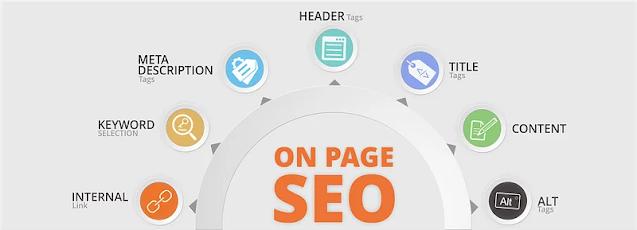
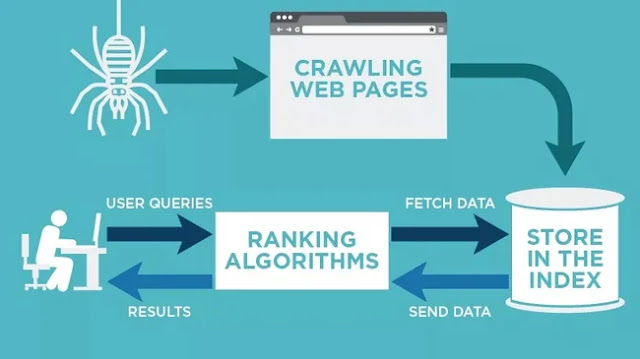
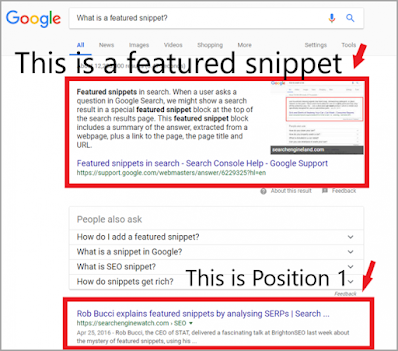
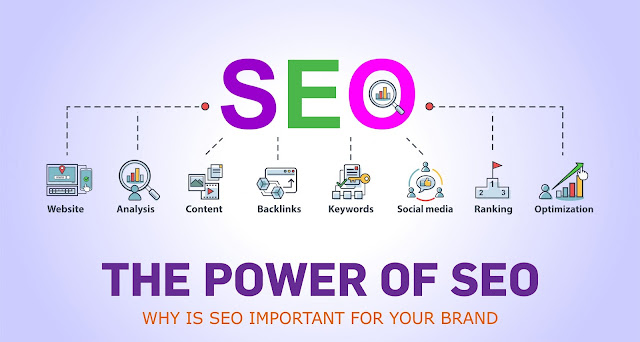
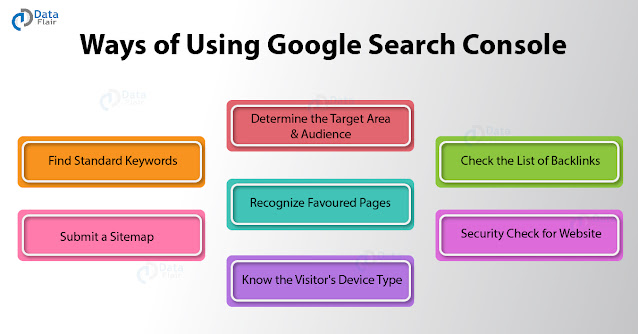
Comments
Post a Comment